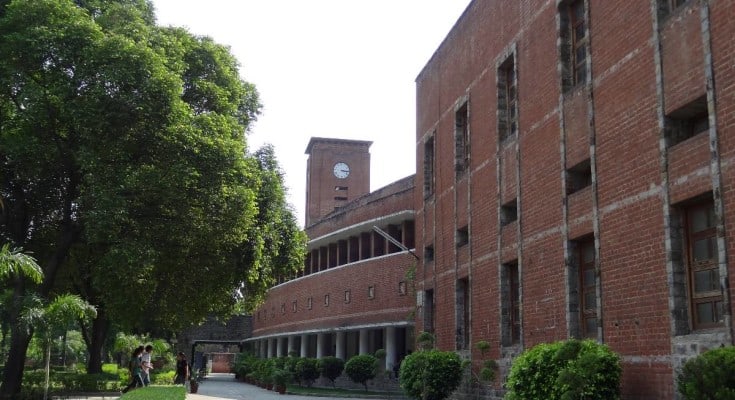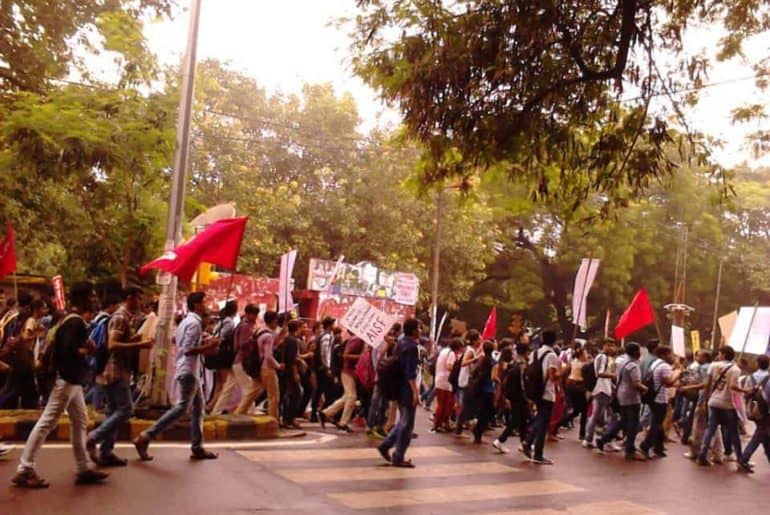The Debating Society of St. Stephen’s College (SSC) decided to cancel their tournament, in light of the state of affairs within the national capital.
On 26th February, the debating society of St. Stephen’s College decided to cancel its annual debate tournament, which was supposed to begin on 28th February. Members of the society held a meeting in the afternoon to discuss this, owing to the circumstances within Delhi. The decision was publicly announced through a Facebook post, which contained a statement regarding the same.
Members of the society apologized for causing inconvenience to the participants, and admitted that they should’ve taken this decision earlier, as atrocities against people had been taking place over the past few months. Through the post, the society announced that it would refund the registration fees, and reimburse outstation teams for their flight tickets as well. The society declared that it cannot guarantee the security of the participants in such circumstances, especially ones coming from outside Delhi.
With regards to the causes of cancellation, the post said, “…continuing with MukMem this year would further the feeling of normalcy which tries to isolate us from what has been happening around us. Being engrossed with the organization of a tournament seems extremely redundant right now and many of us feel that we cannot separate our life in DebSoc from our lives as people living within a city in which brutally violent communal riots aided by the State machinery are taking place and Muslim lives are being threatened with impunity. The violence has been taking place all over North-East Delhi and other parts of the city and is the worst Delhi has seen in years. However, it is our privilege and the comfort of the spaces we generally occupy that allow us to be so indifferent and carry on with our lives despite the violence and suffering all around us.”
One of the organizers of the tournament, in the condition of anonymity, said, “It becomes important to recognize the normalcy associated with such events, which celebrate certain things with utmost isolation to what’s happening around the world. The nature of MukMem itself is celebratory, which we, as organizers aren’t comfortable with right now”.
Members of the society also ensured each other and the participants that they would spend the days reserved for the tournament in doing constructive work to aid those affected by the atrocities. They’re also aiming to ask people around their college for donations and use some of the money reserved for the tournament to help the affected people. With all the preparations for the tournament already done, the organizers found it difficult to call it off, but had no choice due to the ailing condition of Delhi.
Featured Image Credits: Debating Society, SSC











